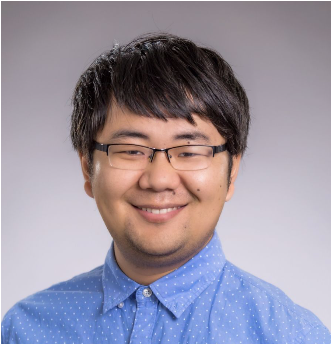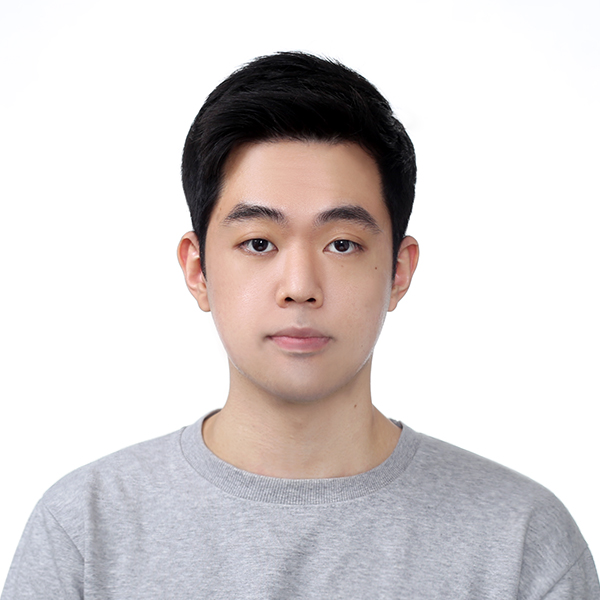News
[January 22nd] NetAISys '26 will be co-located with ACM MobiSys '26. See you in Cambridge!
ACM MobiSys 2026 Workshop on Networked AI Systems
The 4th International Workshop on Networked AI Systems (NetAISys), colocated with MobiSys 2026, aims to bring together leading experts in the field to explore the latest advancements and challenges in the integration of AI and networking technologies. Such integration is driving the development of intelligent and autonomous systems that are capable of making decisions and performing tasks in real-time. The workshop will provide a platform for the presentation and discussion of cutting-edge research, the demonstration of innovative networked AI systems and applications, and the exchange of ideas, experiences, and case studies. The significance of this workshop to the ACM MobiSys community lies in the growing reliance on AI systems that are connected to and operate within wireless networks. With AI/ML migrating to the network edge, there is an increasing demand for efficient and effective AI systems that play a crucial role in powering various intelligent and autonomous systems in dynamic network environments with varying network conditions. By bringing together researchers, practitioners, and industry professionals, we hope to create a collaborative environment and a one-of-kind and valuable opportunity to delve into the challenges and latest advancements presented by networked AI systems and applications. We look forward to sharing our experience and insights with the ACM MobiSys community.
In its fourth edition, NetAISys '26 builds upon the success of NetAISys '23, NetAISys '24, and NetAISys '25, which were among the most well-attended workshops at ACM MobiSys '23 (Helsinki), ACM MobiSys '24 (Tokyo), ACM MobiSys '25 (Anaheim). The positive reception of previous editions motivates us to continue this initiative in collaboration with ACM MobiSys '26.
In 2026, we are pleased to announce that the NetAISys Workshop will once again be merged with the EnvSys Workshop, forming a combined, day-long event. While the two workshops focus on different yet complementary aspects of AI, they share a common vision: integrating AI into real-world systems. EnvSys emphasizes applying AI technologies to environmental sensing—addressing pressing environmental issues through tech-driven solutions—whereas NetAISys explores the use of AI in networking systems, investigating the challenges and opportunities it presents. We believe this merger will encourage vibrant discussions and promote the exchange of ideas across a broader spectrum of research at the intersection of networking, AI, and environmental sensing. The focus areas of EnvSys, in particular, provide compelling real-world use cases for networked AI systems.
Call For Papers
The integration of AI and networking technologies is driving the development of intelligent and autonomous systems capable of making decisions and performing tasks in real-time. These systems are critical for a wide range of applications, including 5G and beyond networks, IoT, and edge computing. Furthermore, as we transition toward 6G networks, the potential of foundation models and federated learning to revolutionize networked AI systems is becoming increasingly evident. These advancements promise to enhance decision-making capabilities, optimize resource utilization, and enable more seamless collaboration across devices and infrastructures. However, designing, implementing, and deploying AI systems in networked environments presents a number of unique challenges. One of the main challenges is ensuring that AI systems can operate effectively in dynamic network environments with varying network conditions. Another requirement is balancing the trade-offs between the computational and communication requirements of AI systems in networked environments. Additionally, there is a growing emphasis on energy-efficient AI deployment to address sustainability concerns, alongside the need for new algorithms and protocols that can effectively utilize network resources while ensuring robustness and security. Finally, networked AI systems must handle the high-dimensionality and heterogeneity of the data they generate, requiring novel data management and analytics techniques tailored to real-world constraints.
The goal of this workshop is to bring together researchers and practitioners working on the design, implementation, and deployment of AI systems in networked environments. The workshop aims to provide a forum for discussing the latest research and development in this field, as well as for sharing practical experiences and case studies.
By bringing together experts from academia and industry, the workshop aims to foster collaboration and to promote the development of new ideas and research directions in this field. The workshop is co-located with ACM MobiSys 2026 and will be held as an in-person event in Cambridge (United Kingdom). We invite submissions of original research papers, as well as papers describing practical experiences, case studies, and tutorials.
Topics of interest include, but are not limited to:
Distributed and collaborative AI algorithms and systems
Federated and collaborative learning for networked AI systems
On-device & multi-device AI for networked AI systems
IoT, Cyber-Physical Systems (CPS), edge and fog computing for networked AI systems
Edge AI centeric networked AI Systems
End-to-end integration, optimization, and demonstration of Edge AI systems in support of diverse applications
AI-enabled real time networking architectures and protocols for networked AI systems
Enhanced intelligent networking techniques (e.g., slicing, placement, management, control, reconfiguration, virtualisation) for 5G and beyond
Green network intelligence and sustainability for networked AI systems
Security and privacy for networked AI systems
Data management, sharing, and privacy for AI in networked AI systems
Theoretical and/or experimental results addressing the predictability of networked AI systems
Real-world deployment, diagnosis, evaluation and troubleshooting for networked AI systems
Real-time AI-augmented network monitoring and observability
Digital twin platforms enabled by networked AI systems
Generative AI & Agentic AI for networked AI systems
Language and Vision Models in and for networked AI systems
Emerging applications: autonomous systems, AR/VR, and immersive experiences
Submission Format
The 4th International Workshop on Networked AI Systems will solicit of two different types of submissions:
Full paper submission. Solicited submissions include both full technical workshop papers and white position papers. Maximum length of such submissions is 6 pages (including references), and if accepted they will be published by ACM and appear in the ACM Digital Library.
Work-in-progress and demo submissions. Abstracts describing work-in-progress and demonstrations are also welcome and warmly encouraged. Submissions are limited to 2 pages (excluding references), and if accepted included in the program as a short oral presentation – but will only be published on the workshop website (not the ACM Digital Library). Deadlines for this informal track remain open even past the early registration deadline of MobiSys 2026; author notifications will be rolling (i.e. max of 4 days after submission) to enable early authors to take advantage of available discounts.
NetAISys follows a single-blind review process, but all submissions must be original work not under review at any other workshop, conference, or journal. Submissions must be submitted as a PDF in the double-column MobiSys format. Please follow the formatting guidelines of the main conference, with the exception of the page limit (see above). Authors remain responsible for checking that their resulting PDF meets our formatting and anonymity specifications.
Submission Important Dates
Submission Deadline: Saturday April 9th, 2026, AoE
Notification of Acceptenace: Friday April 23th, 2026, AoE
Camera-ready Papers Due: Tuesday April 30th, 2026, AoE [FIRM]
Workshop Date: To Be Announced
Submission System
Submit your work via HotCRP.
Organizers
Steering Commitee
TPC (To be Announced)
Contact and Acknowledgements
Homepage picture is an artwork created using OpenAI's DALL·E.



